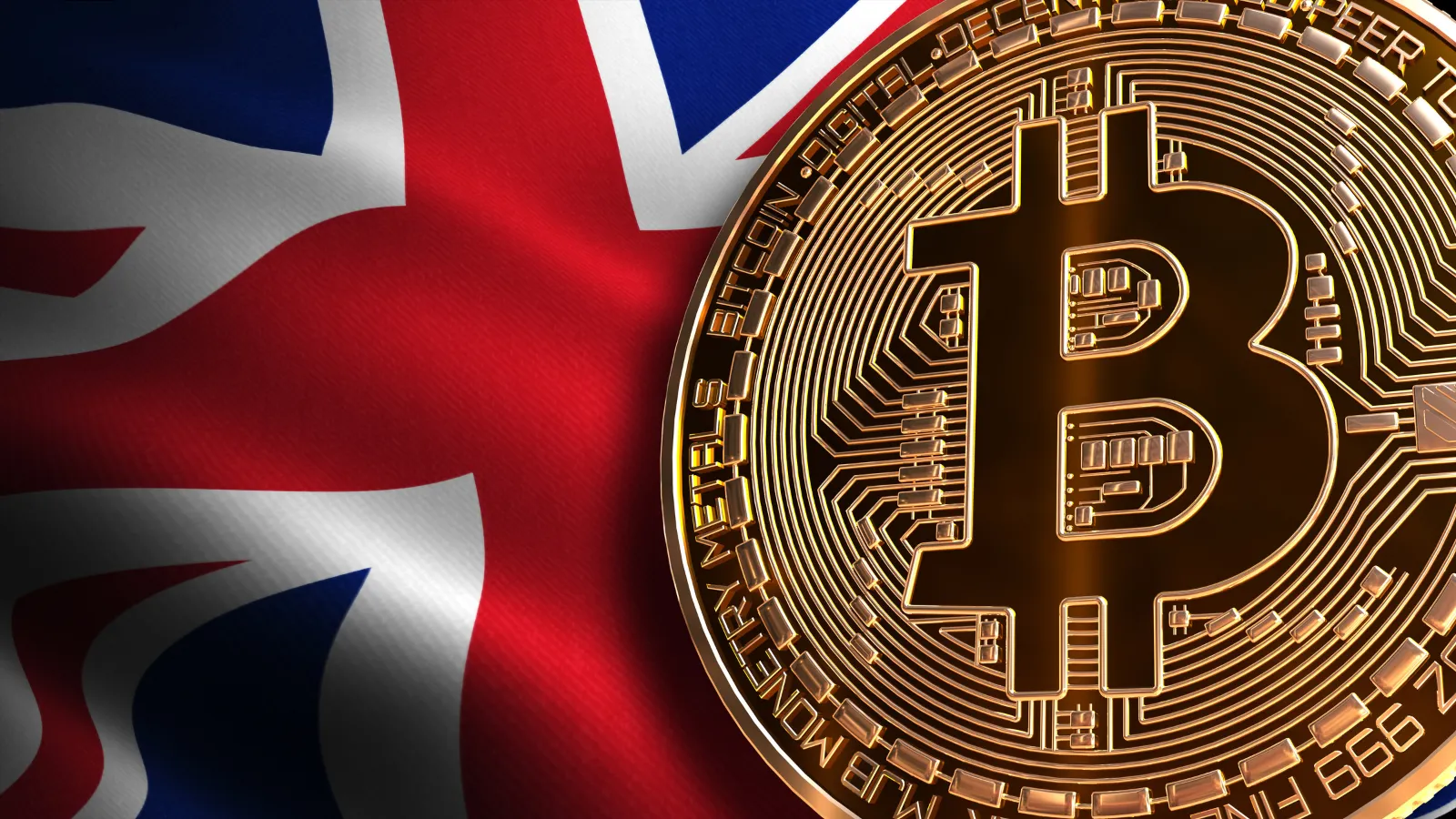While the British government mulls a ban on cold calls pitching financial products as part of a larger campaign to reduce fraud, a new public consultation has been introduced to review such a ban's potential impact on individuals and businesses.
The 19-question consultation, which began this month and will last until September 27, intends to explore the best way to design and implement the ban.
The UK government highlighted a wide variety of frauds related to the loss of funds by consumers and investors, pointing to one specific case regarding cryptocurrencies.
In one example, the consultation lays out how a cold call prompting someone to invest $315 (£250), saw them end up investing $82,000 (£65,000), after which the cold caller disappeared.
“We want the public to know that any unsolicited call marketing financial products such as a crypto asset or insurance is a scam, and not to fall prey to fraudsters,” the British Economic Secretary to the Treasury Andrew Griffith wrote.
Cold calling refers to individuals or businesses making unsolicited calls to potential investors or consumers to offer products or services.
According to government research, more than half of all British landlines received some form of suspicious call last year. Although official numbers for cold call-related fraud weren’t reported, the total loss of funds to fraud in the U.K. is estimated at roughly $8.6 billion (£6.8 billion).
The questionnaire will assess consumers and businesses that might be affected by the blanket ban.
“Are you aware of any groups of businesses, organizations and/ or individuals that will be particularly affected by these proposals?” reads one of the questions.
Reddit saw a flurry of debate as the consultation paper was made public, with the majority of comments favorable to an outright ban relating specifically to crypto investments.
This consultation is another step for crypto-focused regulation in the United Kingdom. The Financial Conduct Authority (FCA) has been working for more consumer protection and establishing clear rules for digital asset companies.

